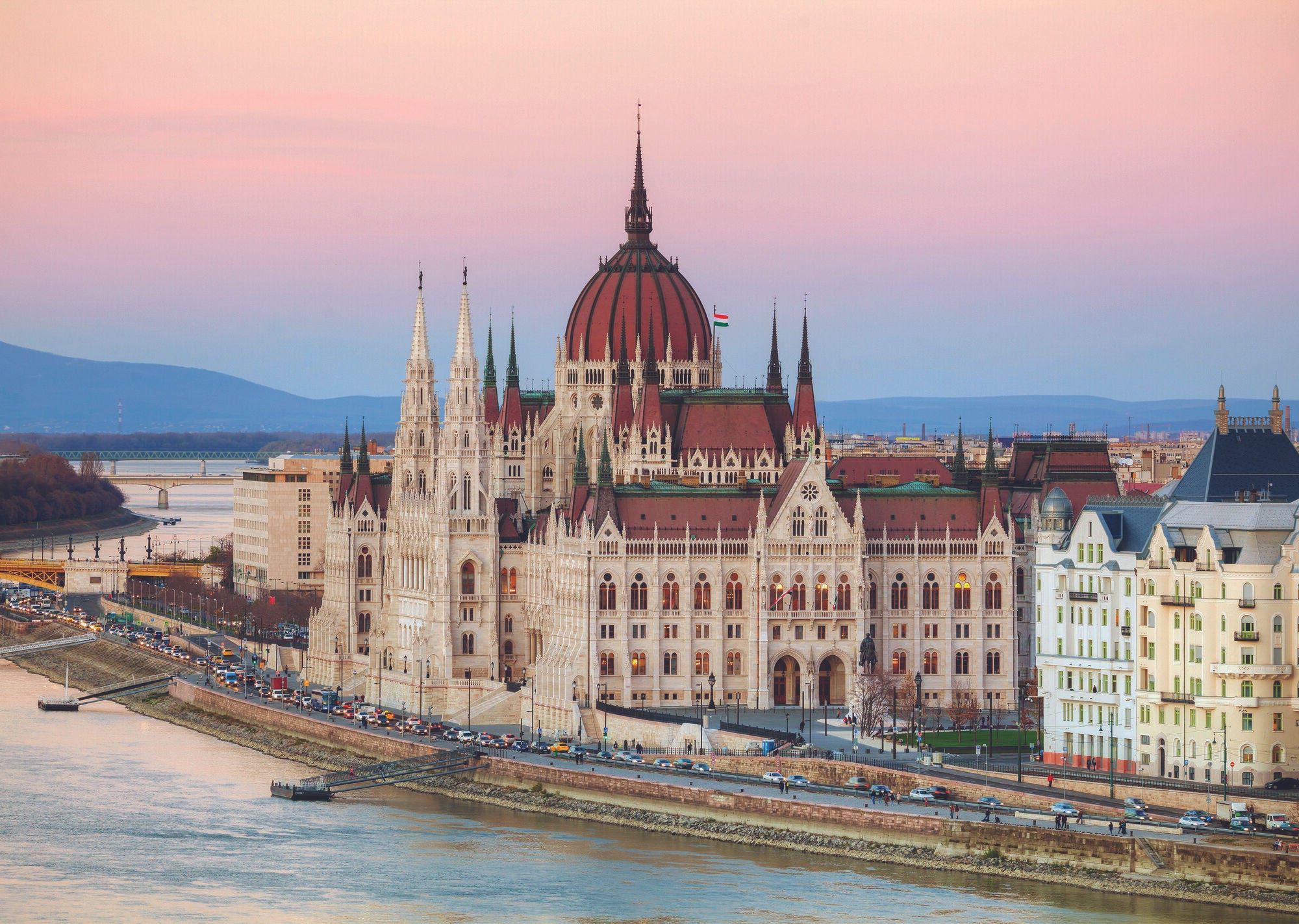After the parliamentary elections, Viktor Orbán, leader of the FIDESZ-Magyar Polgári Párt (Alliance of
Young Democrats-Hungarian Civic Party), received a mandate from the president of the republic to form a
government and to submit his government programme to parliament. He was elected by parliament as
prime minister in June 1998. The new government is composed of the prime minister and 17 ministers. Of
the latter, 12 were nominated by FIDESZ-MPP, four represent the Independent Small-Holders’ Party, and
one was proposed by the third coalition partner, the Hungarian Democratic Forum. The new coalition has
an absolute majority in parliament (with some 55 per cent of the seats). The next regular parliamentary
elections are scheduled for spring 2002.
The president of the republic is Árpád Göncz. In 1995, he was re-elected by parliament for a five-year term
of office.
Parliament has approved the new government programme for the next four years. Its priorities include the
development of the social state; the maintenance of citizens’ security in all spheres of life; and the fostering
of economic growth.
Hongrie
Working paper
Sigma Public Management Profiles

Share
Facebook
Twitter
LinkedIn
Abstract
In the same series
Related publications
-
 21 November 2024
21 November 2024 -
30 July 2024







